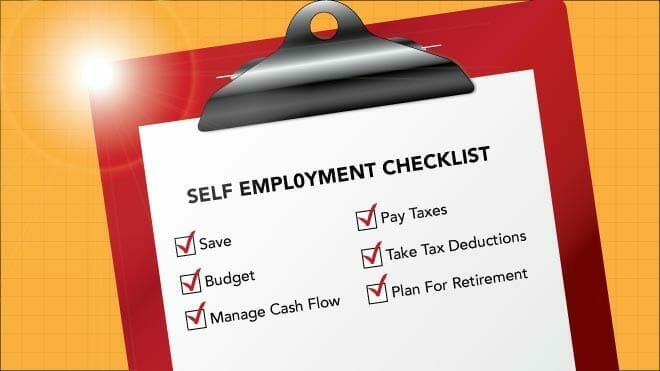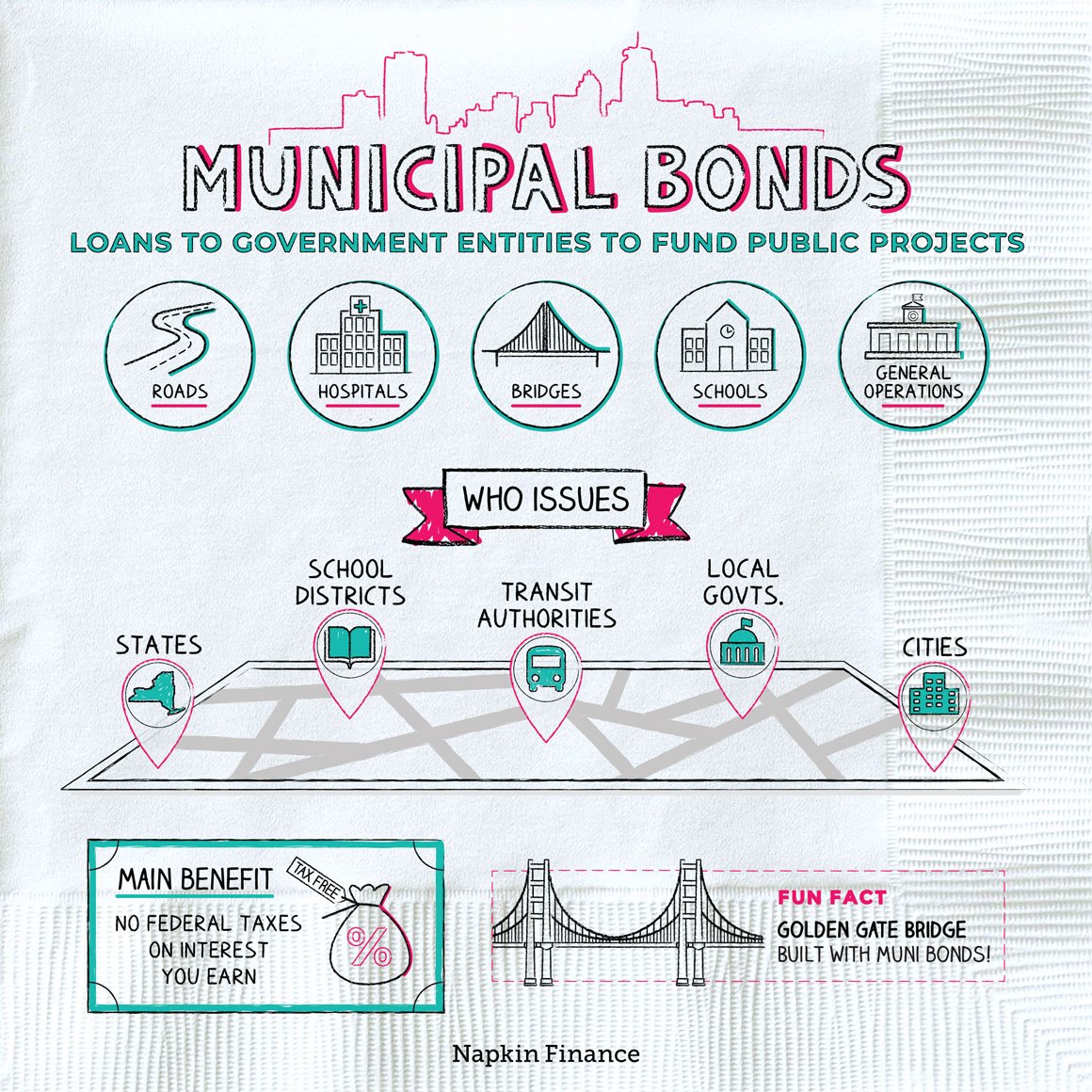In the ever-changing job market, financial stability can sometimes feel uncertain. The possibility of a job loss can be overwhelming, leaving many wondering how to prepare financially for such a scenario. But fear not, for we have some valuable insights to help you navigate this challenging phase. In this article, we will explore practical strategies and effective measures to ensure your financial well-being in the event of a job loss. So, let’s dive in and discover how to prepare financially for a job loss, securing your future with confidence and peace of mind.
How to Prepare Financially for a Job Loss
Losing a job can be a challenging and stressful experience, but with careful planning and preparation, you can ensure that you are financially secure during this difficult time. In this article, we will discuss various strategies to help you prepare financially for a job loss.
Create an Emergency Fund
Having an emergency fund is crucial to weathering any unexpected financial storm, including a job loss. This fund acts as a safety net and provides you with a cushion to cover your expenses until you secure a new job. Here’s how you can build an emergency fund:
- Set a savings goal: Determine how much you would need to cover your living expenses for three to six months. This should include your rent/mortgage, utilities, groceries, and other essential expenses.
- Automate your savings: Set up an automatic transfer from your paycheck to your emergency fund. By doing this, you prioritize saving and avoid the temptation to spend the money elsewhere.
- Reduce unnecessary expenses: Look for ways to cut back on non-essential expenses to free up more money for your emergency fund. Consider downsizing your cable package, eating out less frequently, or canceling unused subscriptions.
Assess your Financial Situation
Understanding your financial situation is crucial when preparing for a job loss. Take the time to evaluate your current financial standing, which will help you make informed decisions and adjustments. Here are some key areas to assess:
Debt
- List your debts: Make a comprehensive list of all your debts, including credit cards, loans, and outstanding balances.
- Review interest rates: Identify the interest rates associated with each debt. Prioritize paying off high-interest debts first.
- Create a repayment plan: Develop a plan to pay off your debts systematically. Consider using the snowball or avalanche method to accelerate your progress.
- Discuss payment options: If you anticipate difficulty in making loan payments after losing your job, contact your lenders to explore alternative payment plans or potential deferment options.
Monthly Budget
- Evaluate your expenses: Take a close look at your monthly expenses and identify areas where you can cut back.
- Focus on essential items: Prioritize your necessary expenses such as housing, utilities, and groceries. Consider reducing discretionary spending on entertainment or non-essential items.
- Explore cost-saving measures: Look for ways to reduce your monthly bills, such as switching to a cheaper phone plan or negotiating lower insurance premiums.
Review Insurance Coverage
During a job loss, it is crucial to review your insurance coverage to ensure you are protected. Here’s what you should consider:
Health Insurance
- Understand COBRA benefits: If you were receiving health insurance through your employer, familiarize yourself with the Consolidated Omnibus Budget Reconciliation Act (COBRA). It allows you to continue your health coverage temporarily.
- Explore other options: Assess if you are eligible for government-provided health insurance, such as Medicaid or the Affordable Care Act (ACA) marketplace.
Life and Disability Insurance
- Review your policies: Understand the terms and coverage of your life and disability insurance policies. Ensure they provide adequate protection for you and your family.
- Consider additional coverage: If necessary, explore the option of purchasing additional life or disability insurance to safeguard your financial well-being.
Explore Unemployment Benefits
When you lose your job, unemployment benefits can provide temporary financial assistance. Familiarize yourself with the unemployment insurance program in your country or state. Here are some steps to consider:
Check eligibility requirements
- Research eligibility criteria: Understand the requirements to qualify for unemployment benefits, such as the minimum work history and income threshold.
- Ensure timely application: File for unemployment benefits as soon as possible after losing your job. Delays in applying may result in a lapse in benefits.
Understand the benefits and limitations
- Know the benefit duration: Understand how long you can receive unemployment benefits. Be prepared for the possibility of benefits expiring before you secure a new job.
- Comply with job search requirements: Stay updated with any job search obligations or reporting requirements to continue receiving benefits.
Research training and job placement assistance
- Explore retraining opportunities: Some unemployment programs offer training assistance to enhance your skills and increase your job prospects.
- Inquire about job placement services: Look into organizations or resources that can help you find new employment opportunities.
Network and Seek Additional Income
While searching for a new job, consider exploring additional income streams to support your financial well-being. Here are some options to consider:
Networking
- Reach out to your network: Inform your contacts about your job loss and express your interest in any potential opportunities they may be aware of.
- Attend industry events: Participate in industry-related events, seminars, or conferences to expand your network and increase your chances of finding new job leads.
Freelancing or Part-Time Work
- Utilize your skills: Consider freelancing or part-time work in your area of expertise. Platforms like Upwork and Freelancer.com can connect you with potential clients.
- Explore gig economy opportunities: Investigate various gig economy jobs such as ride-sharing, food delivery, or online tutoring to supplement your income.
Stay Positive and Seek Support
Dealing with a job loss can be emotionally challenging, but remember to stay positive and seek support from family, friends, or support groups. It’s important to take care of your mental well-being during this period of transition.
Stay motivated
- Maintain a routine: Create a daily schedule that incorporates job searching, networking, and personal time. This will help you stay focused and motivated.
- Stay mentally and physically active: Engage in activities that uplift your spirits, such as exercise, hobbies, or volunteering.
Seek support
- Talk to loved ones: Share your feelings and concerns with family and friends who can provide emotional support. Sometimes, sharing your experience with others who have been through similar situations can be helpful.
- Join support groups: Consider joining online or local support groups specifically tailored for individuals dealing with job loss. These groups can offer valuable advice, resources, and encouragement.
Preparing financially for a job loss requires proactive planning and careful consideration of your financial situation. By building an emergency fund, assessing your financial standing, reviewing insurance coverage, exploring unemployment benefits, seeking additional income, and staying positive, you can navigate this challenging phase with confidence and financial stability. Remember, a job loss is temporary, and with the right mindset and strategies, you can bounce back and thrive in your future endeavors.
How Do I Prepare For An Upcoming Job Loss?
Frequently Asked Questions
Frequently Asked Questions (FAQs)
How can I prepare financially for a job loss?
Preparing financially for a job loss is crucial to ensure stability during challenging times. Here are some steps you can take:
1. How much should I save for an emergency fund?
Financial experts recommend having three to six months’ worth of living expenses saved in an emergency fund. Calculate your monthly expenses and multiply by the number of months you want to be financially covered.
2. Should I reduce my expenses before a job loss?
Yes, it’s wise to review your budget and identify areas where you can cut back on expenses. Consider reducing non-essential spending and renegotiating bills or subscriptions to free up cash.
3. How can I increase my savings?
Look for opportunities to save more by cutting back on unnecessary expenses, avoiding impulse purchases, and exploring ways to earn extra income through part-time work or freelancing.
4. Can I negotiate my severance package?
Yes, it’s worth negotiating your severance package. Understand your rights and consult with an employment attorney if needed. Be prepared to discuss your contributions to the company and any additional benefits you may be entitled to.
5. Should I consider temporary or freelance work during unemployment?
Taking on temporary or freelance work can help bridge the financial gap during unemployment. It allows you to earn income while searching for a new job and keeps your skills updated.
6. How should I handle my debts during a job loss?
Contact your creditors as soon as possible to discuss temporary payment arrangements or deferment options. Prioritize essential expenses such as housing and utilities while managing your debts.
7. Is it necessary to review my insurance coverage?
Review your insurance policies, including health, life, and disability coverage, to ensure you have adequate protection. Make necessary adjustments based on your current financial situation.
8. How can I stay positive during a job loss?
Focus on maintaining a positive mindset during this challenging period. Surround yourself with a supportive network, explore new skills or hobbies, and use the time to enhance your professional qualifications.
Final Thoughts
Preparing financially for a job loss is crucial to ensure stability during uncertain times. Start by creating an emergency fund to cover your essential expenses for several months. Reduce unnecessary expenses and create a budget to manage your finances effectively. Consider exploring alternate income sources or freelance opportunities to supplement your income. It’s also advisable to review your insurance coverage, such as health, life, and disability insurance, to safeguard against unforeseen circumstances. Seek professional advice from a financial planner to guide you in making informed decisions. By taking these proactive steps, you can better navigate the financial challenges that may arise from a job loss.



